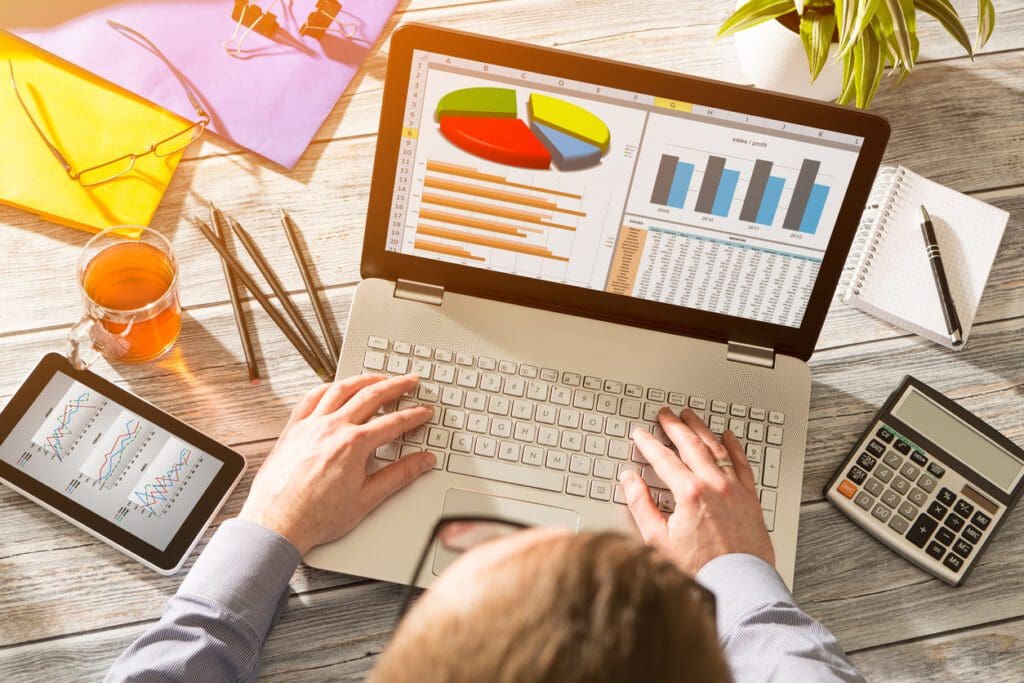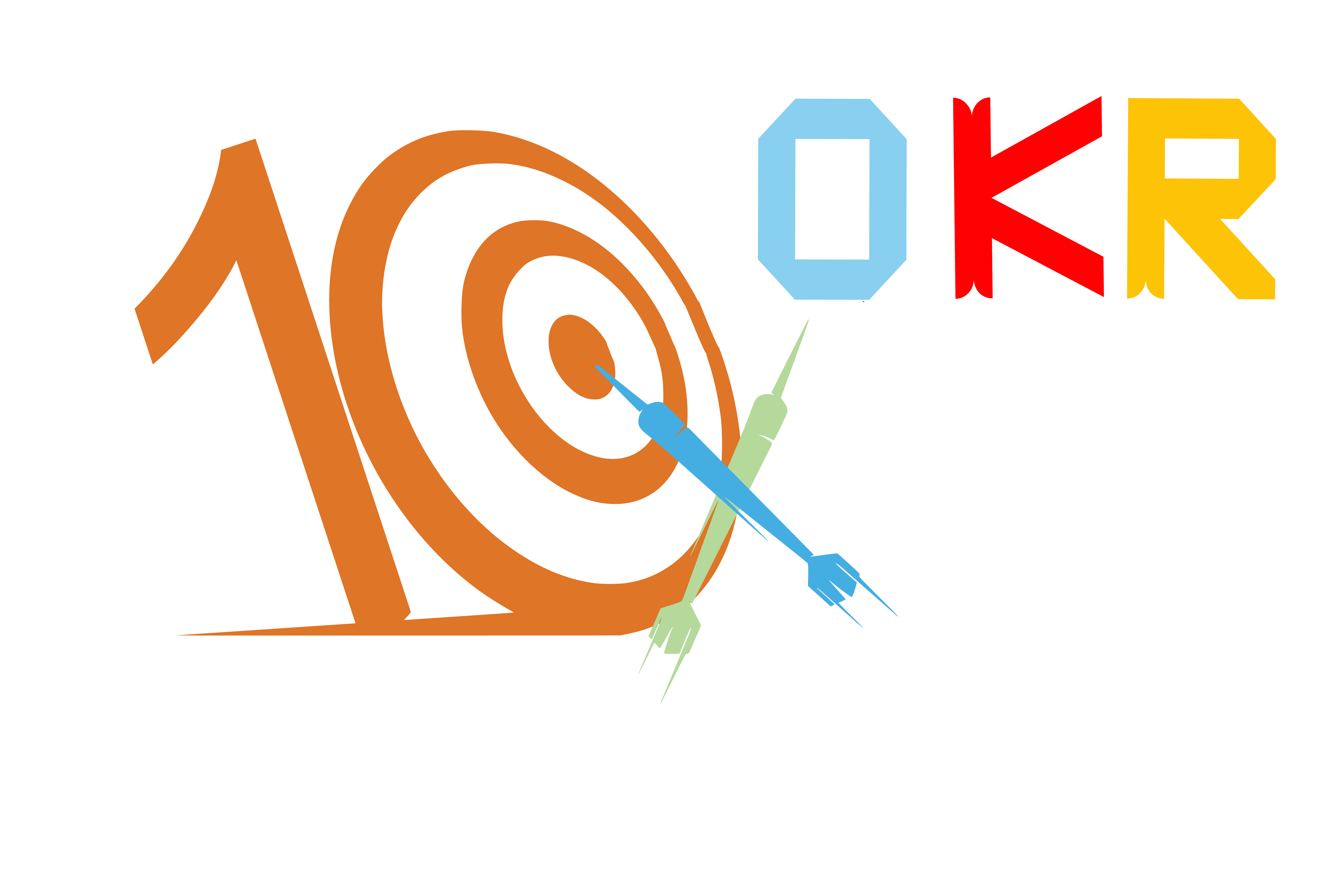Table of Contents
13 Social Media KPIs to Drive Your Business’s Growth
Social media has become a critical tool for businesses to connect with their audience, promote their brand, and drive sales. However, with clear goals and metrics, it can be easier to measure the success of your social media campaigns. This is where social media KPIs come in.
Social media KPIs, or key performance indicators, help businesses measure their performance by providing data-driven insights into their social media strategy. This blog post will discuss the importance of social media KPIs and the most common KPIs used to measure social media performance.
What are KPIs?
KPI stands for Key Performance Indicator. It is a measurable value that indicates how well an individual, team, department, or organisation achieves its objectives or goals. KPIs are used in business and other organisations to measure progress toward specific targets and evaluate strategies and initiatives’ success.
KPIs can vary widely depending on the organisation’s goals and objectives, but some common examples include sales revenue, customer satisfaction, website traffic, employee productivity, and project completion time. KPIs are often tracked over time to identify trends and patterns and to make adjustments to strategies or tactics as needed. Effective KPIs should be specific, measurable, achievable, relevant, and time-bound.
Setting Business Goals for Social Media
Before we dive into social media KPIs, it’s essential to set business goals that align with your social media strategy. Business goals should be specific, measurable, achievable, relevant, and time-bound. Here are a few examples of business goals that companies may set for their social media strategy:
- Increase brand awareness: A goal to increase the total number of unique mentions and times your brand is mentioned on social media.
- Boost engagement: A goal to increase the number of likes, comments, shares, and other interactions on your social media posts.
- Drive traffic to your website: A goal to increase the click-through rate of your social media content, indicating the effectiveness of your calls-to-action.
Common Social Media KPIs
1. Social Media Reach
It measures the number of people who have seen your social media posts. Social media reach is crucial for brand awareness and audience growth.
For example, if you post a new product launch on Instagram, your reach KPI would measure the total number of unique accounts that viewed your post. You can use this KPI to track your content strategy’s effectiveness and optimise your posts for maximum reach.
2. Engagement
This measures the number of times your social media posts are liked, commented on, shared, or saved. Social media KPIs for engagement are important for measuring audience engagement and building brand loyalty.
For example, if you post a quiz on Twitter, your engagement KPI would measure the total number of likes, retweets, and comments on the post. You can use this KPI to understand what type of content resonates best with your audience and to optimize your content strategy accordingly.
3. Click-Through Rate
This measures the number of clicks your social media posts receive, indicating the effectiveness of your social media content and calls to action.


For example, if you post a link to a blog on LinkedIn, your click-through rate KPI would measure the total number of clicks on the link. You can use this KPI to understand how effectively your content and calls-to-action drive traffic to your website.
4. Conversion Rate
It measures the percentage of social media users who take a desired action on your website, such as purchasing or filling out a form. Social media KPIs for conversion rate help measure the impact of your social media campaigns on revenue generation.
For example, if you post a promotion on Facebook, your conversion rate KPI would measure the percentage of users who click on the link and complete a purchase. You can use this KPI to measure the effectiveness of your social media campaigns in driving revenue.
5. Brand Awareness
This measures the number of unique mentions and times your brand is mentioned on social media. Social media KPIs for brand awareness are important for measuring the reach and impact of your brand on social media.
For example, if a social media influencer mentions your brand in a tweet, your brand awareness KPI would measure the total number of unique accounts that viewed the tweet. You can use this KPI to understand the reach and impact of your brand on social media and to optimise your social media strategy to increase brand awareness.
6. Share of Voice
Share of Voice measures the percentage of social media conversations about your brand compared to your competitors. This KPI is important for assessing the impact of your brand on social media and understanding how you stack up against your competition.
For example, if your brand is mentioned in 100 conversations on social media, and your competitor is mentioned in 200 conversations, your share of voice would be 33%.
7. Sentiment Analysis
Sentiment Analysis measures the positive, negative, or neutral sentiment of social media mentions about your brand. This KPI is important for understanding how your audience perceives your brand and can help you identify areas for improvement.
For example, if your brand is mentioned in 100 social media conversations, and 80 of those mentions are positive, 10 are negative, and 10 are neutral, your sentiment analysis KPI would show 80% positive sentiment.
8. Follower Growth
Follower Growth measures the number of new followers you gain on social media over a specific period. This KPI is important for measuring the growth of your social media audience and can help you identify what content resonates with your audience.
For example, if you gain 500 new followers on Instagram over a month, your follower growth KPI would be 500.
9. Time Spent
Time Spent measures users’ engagement with your social media content. This KPI is important for assessing the engagement level of your audience and can help you understand how long your content holds your audience’s attention.
For example, if your average video on Facebook is watched for 30 seconds, your KPI time would be 30 seconds.
10. Customer satisfaction
This measures the level of satisfaction that customers express about your brand or products on social media, often through sentiment analysis.
For example, a consumer electronics company might track customer satisfaction on Facebook to see how many users leave positive or negative product reviews.
11. Referral traffic
This measures the traffic that comes to your website from social media platforms.
For example, a blog might track referral traffic from Pinterest to see how many users click on their article pins and visit their website.
12. Brand mentions
This measures the number of times your brand is mentioned in posts and comments on social media.
For example, a fast food chain might track brand mentions on Twitter to see how many customers tweet about their food or service.
These KPIs can help businesses measure their social media performance and optimise their strategy for maximum impact.
13. Impressions
This measures the number of times your content is viewed, including multiple views by the same user.
For example, a travel company might track impressions on their Instagram stories to see how often their followers view their destination photos or travel tips.
Measuring and Analyzing Social Media KPIs
You need access to social media analytics tools to measure and analyse your social media KPIs. Most social media platforms, such as Facebook, Twitter, LinkedIn, and Instagram, offer built-in analytics tools that provide data on various KPIs, including reach, engagement, click-through rate, conversion rate, and brand awareness.
In addition to built-in analytics tools, third-party social media analytics tools, such as Hootsuite, Buffer, and Sprout Social, are available. These tools provide a more comprehensive view of your social media performance by aggregating data from multiple social media platforms into a single dashboard.
Creating Social Media Reports
Creating social media reports is essential for monitoring your social media KPIs and assessing the effectiveness of your social media campaigns. Social media reports should include an overview of your performance, including metrics such as reach, engagement, click-through rate, conversion rate, and brand awareness.
In addition to these metrics, social media reports should include insights and recommendations for optimising your social media strategy based on your KPIs. For example, if your reach KPI is low, you may need to adjust your content strategy to increase the visibility of your posts.


Conclusion
Social media KPIs are essential for measuring the success of your social media strategy and driving business growth. By setting clear business goals, measuring and analysing your social media KPIs, and creating social media reports, you can optimise your social media strategy and achieve your business objectives.
Remember that social media KPIs are not a one-size-fits-all solution; you should choose KPIs that align with your business goals and social media platform. Using the right social media KPIs and analytics tools, you can gain valuable insights into your social media performance and optimise your social media strategy for maximum impact.



